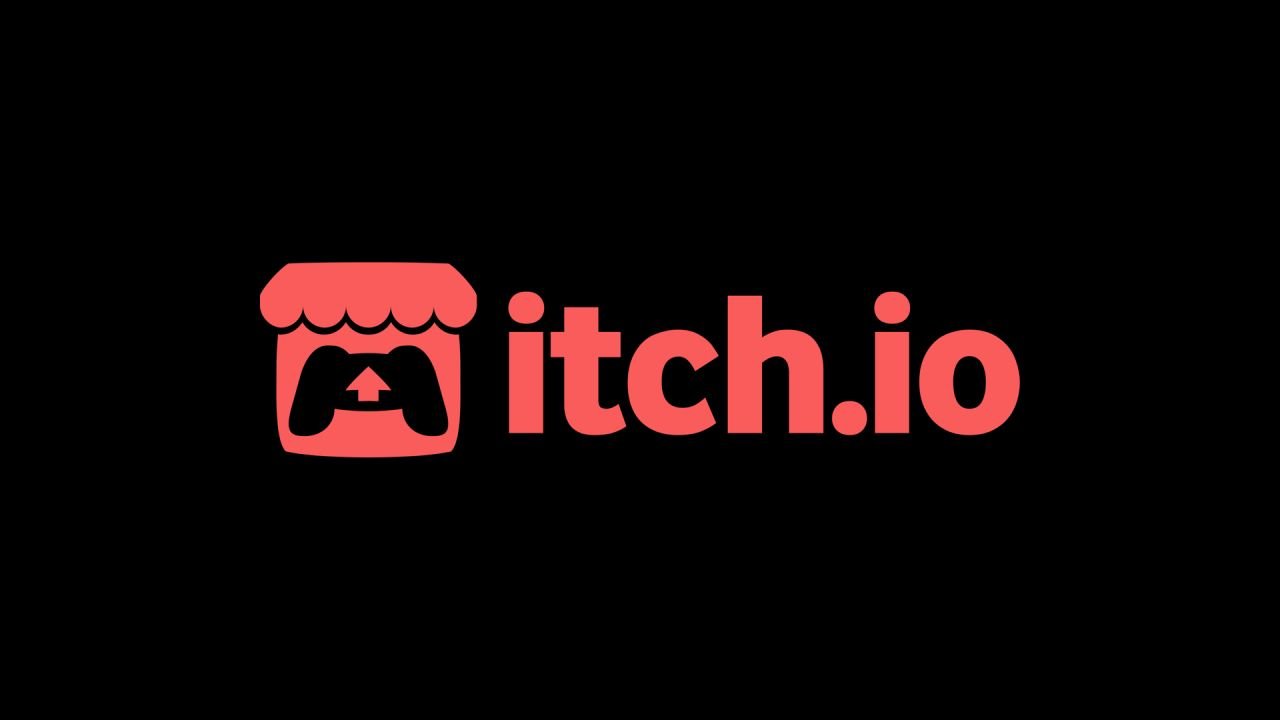If you’ve been following gaming news over the past week, you’re likely aware of the recent wave of adult-themed game removals from Steam. This effort was undertaken to comply with the moral and content standards imposed by major payment processing companies, particularly credit card firms. This growing influence has raised serious concerns among creators, with figures like NieR creator Yoko Taro warning that such unchecked corporate power could disrupt democratic values. A new platform has also come under similar pressure: itch.io.
Initial suspicion arose when various adult games on itch.io became noticeably more difficult to find. Those concerns were confirmed when the platform released an official statement acknowledging the situation. Much like Steam, itch.io admitted that pressure from payment processors had forced them to take action against certain adult titles deemed to violate existing content and moral guidelines.
The platform has officially begun de-indexing affected titles, meaning they will no longer appear in instant search results. The move is intended to protect the sustainability of the itch.io ecosystem, which heavily relies on payment methods provided by these processing companies. According to itch.io, the decision was made in the interest of safeguarding the creators who have entrusted their work to the platform.
What Happened to itch.io?

Interestingly, unlike Valve, which kept much of its process opaque, itch.io has been more transparent about the reasons behind the enforcement. The current wave of enforcement was triggered by a controversial adult title called No Mercy, which includes elements of non-consensual themes.
This particular game was flagged by an Australian organisation named Collective Shout, which reported it directly to the relevant payment processors. The subsequent demands from these companies ultimately led to the current “cleanup” initiative.
Due to the speed at which events unfolded, itch.io stated that it had no time to notify affected developers and publishers beforehand. Going forward, the platform will require adult game creators to confirm that their content complies with the policies of their associated payment processors before releasing any new titles.
This marks another escalation in a broader industry trend where creative freedom and platform openness continue to clash with the evolving demands of corporate oversight and financial gatekeeping.

